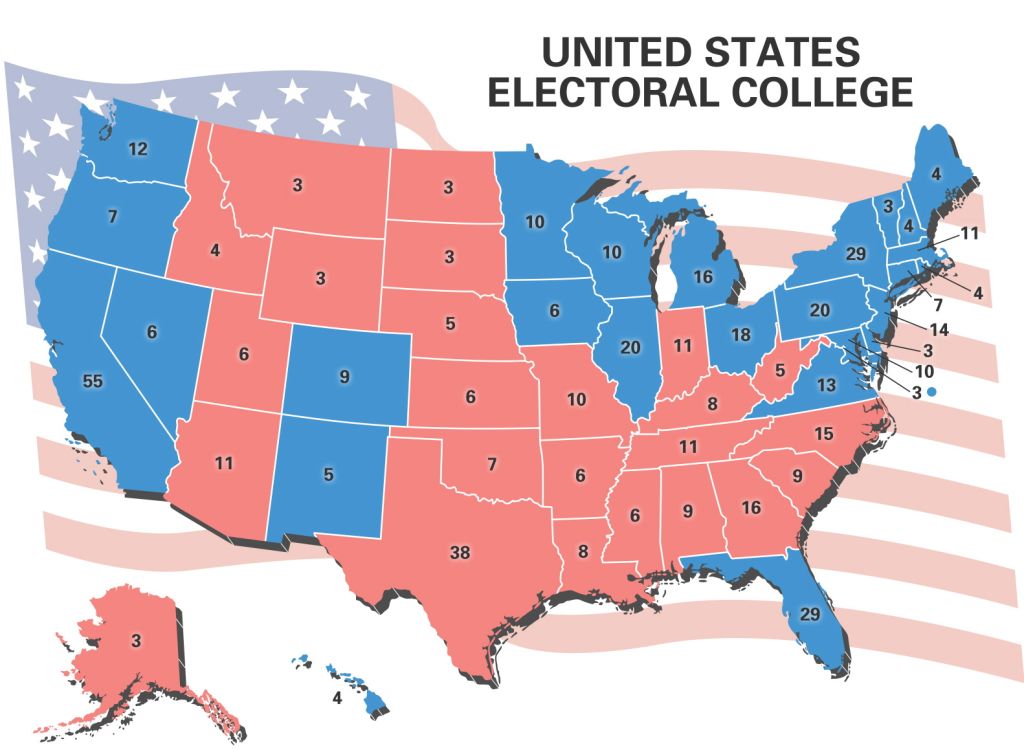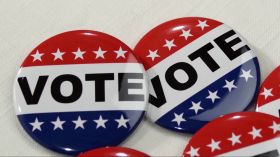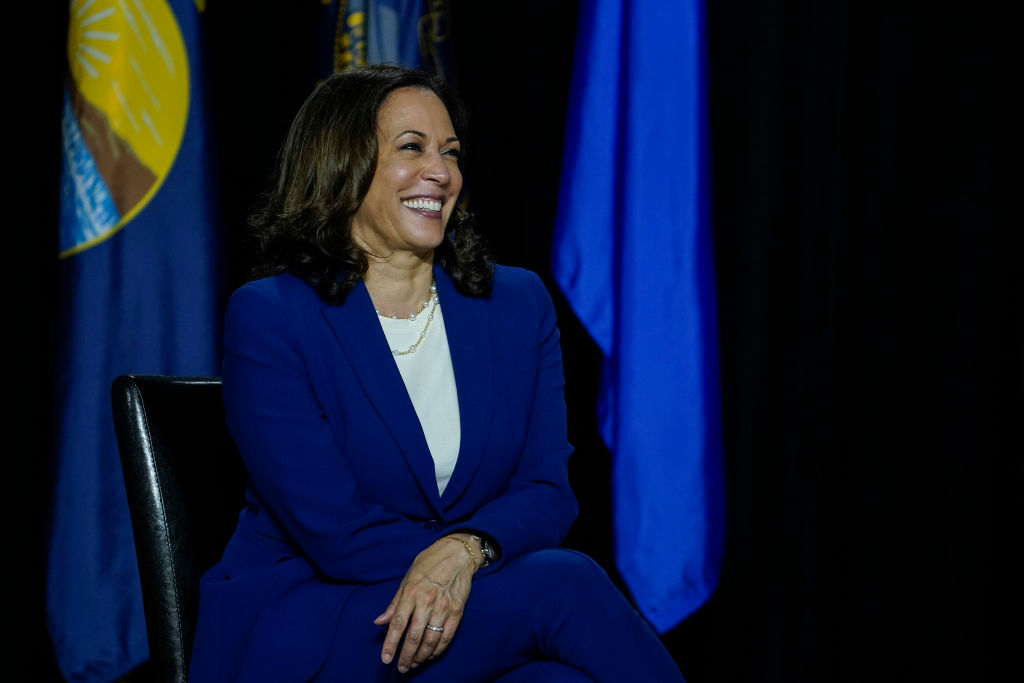How Ending The Electoral College Impacts Black Voters
What Eliminating The Electoral College Would Mean For Black Voters

Source: Encyclopaedia Britannica / Getty
UPDATED: 2:30 p.m. ET, Nov. 4, 2024
As Americans head to the polls on Election Day, calls to abolish the Electoral College and adopt a popular vote system are more relevant than ever. New research shows a significant majority of voters favor counting every individual vote equally to elect the president, a shift that could have transformative effects for Black voters and the Democratic Party as a whole.
New research about the Electoral College found that a disproportionate number of Americans are in favor of moving away from electing presidents by way of electors and toward counting the popular vote instead. Doing so would have a range of consequences that data suggest would bode well not only for Black voters but also for Democrats.
“Nearly two-thirds of U.S. adults (65%) say the way the president is elected should be changed so that the winner of the popular vote nationwide wins the presidency,” according to data shared on Monday by the Pew Research Center. “A third favor keeping the current Electoral College system.”
Replacing the Electoral College
To put it simply, Black voters have plenty to gain from replacing the electoral college — a system built originally to protect the interest of white, male slave owners — with selecting presidents through a popular vote.
Notably, Democrats — the political party for which Black voters have for years overwhelmingly cast their ballots — have won the popular vote in seven of the last eight elections, even if those elections didn’t result in them actually being elected.
The presumptive logic behind the consistent opinion from American voters is that they want to avoid a repeat of 2016, in which Hillary Clinton won nearly 3 million more votes than Donald Trump but lost the electoral college vote.
And in 2020, notoriously, Trump is accused of trying to interfere with the Electoral College process by citing widely debunked election fraud and ordering at least one state official to “find” the Electoral College votes he needed to win.
In our current election system, voters do not elect the president directly. Instead, they choose which candidate receives their state’s electors.
What is the Electoral College?
The Electoral College is made up of 538 electors who technically cast votes to decide the president and vice president. The candidate who receives a majority of electoral votes, or the first to 270, wins the presidency.
The number 538 is the sum of the nation’s 435 Representatives, 100 Senators and three electors given to the District of Columbia. Electors are apportioned to states based on their population, meaning that larger states have more electoral votes than smaller states.
It’s a winner-takes-all system. A candidate gets all the electoral votes of a state whether they win it by one vote or one million votes. In 2020, Biden won huge majorities in racially diverse states like California and New York that ran up his popular vote count but meant relatively little in the Electoral College count.
“In addition to the problem of this winner-take-all logic, there is also the issue that people in large states are explicitly underrepresented in the electoral college,” according to an analysis from the Center for Economic and Policy Research (CEPR).
The Electoral College rewards whiter states
The smallest states are guaranteed at least three electoral votes. Consequently, a small state like Wyoming has one elector for every 195,000 residents. By contrast, California has the most electoral votes (55), but each elector represents every 711,000 residents.
“White people tend to live in states where their vote counts more, and minorities in places where it counts less,” CEPR noted.
Wyoming is 84% white, compared to California’s 38% white population.
That dynamic means that Black votes count less because they tend to live in large states.
That’s by design, according to William Blake, Assistant Professor of Political Science at the University of Maryland, Baltimore County.
“Following the Civil War, the 14th Amendment removed the three-fifths clause, and the 15th Amendment should have protected African Americans’ legal right to vote,” Blake wrote in an opinion piece. “But that didn’t fix the Electoral College’s anti-Black bias. It actually made the problem worse, because Southern state governments were happy to get the representation from their large numbers of Black citizens – while keeping them from voting through discriminatory practices like literacy tests and poll taxes.
African Americans are also many times clustered in large urban communities that are in Republican-leaning states.
“Voters in small states have more Electoral College votes per capita than larger, more diverse states, using several different measures,” John A. Tures, Professor of Political Science, LaGrange College, wrote in 2020 before adding, “and therefore more power to choose a president than they would have in a national popular election.”
SEE ALSO:
Downballot Races Matter: Other Notable Elections With Black Candidates Poised To Win



















